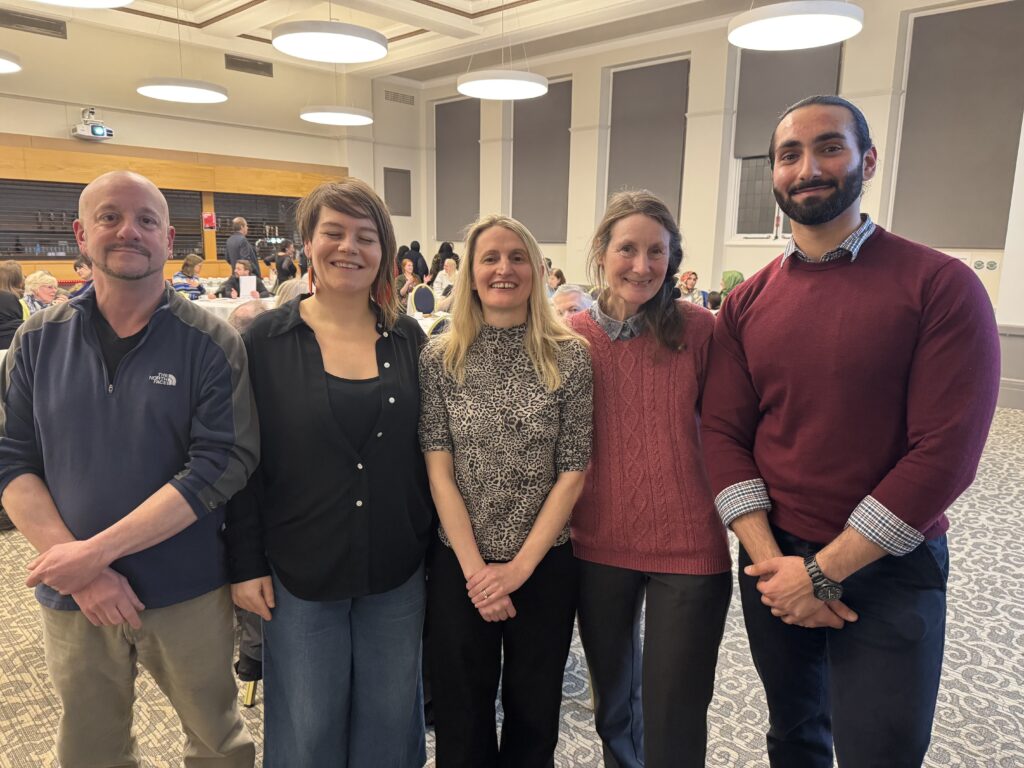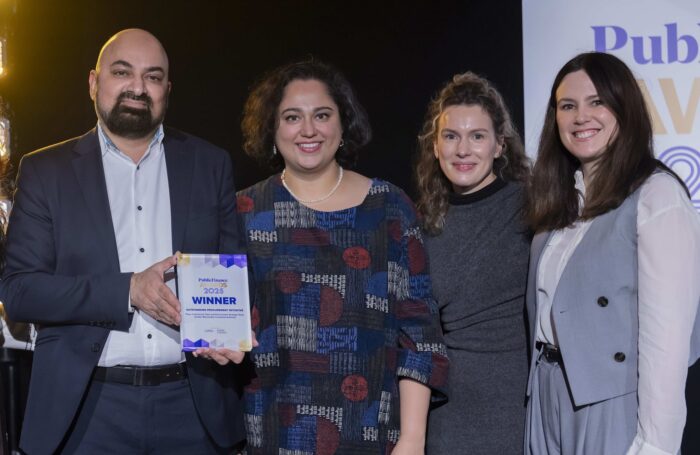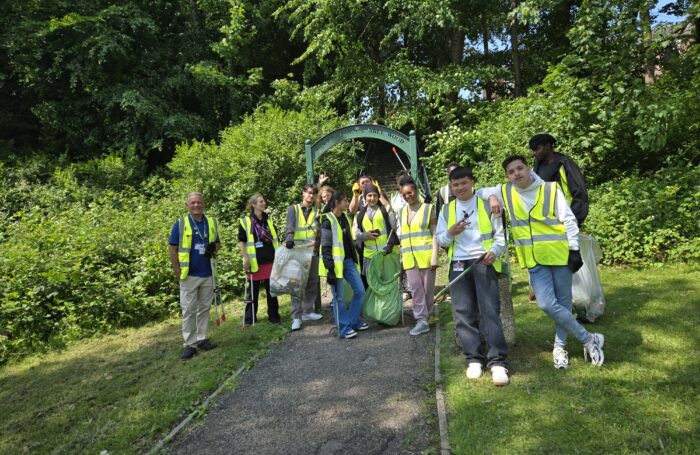Bryony O’Connor is a PhD researcher and Public Health Specialist who is passionate about community-inspired and designed action to tackle climate change. Her areas of interest are household food waste, participatory approaches and behaviour change. In the following blog, Bryony tells us about her work in Bolton to reduce food waste…
Over one third of food goes to waste
Food waste is a significant contributor to climate change. Over a 1/3 of all food is wasted [1], which accounts for between 8 and 10% of all Greenhouse gases [2]. This is due to Methane, one of the greenhouse gases, which is released when food decomposes and the resources wasted in producing the food [3]. As land is cleared for crops, this also drives biodiversity loss and contributes to water insecurity.
In 2024, the United Nations[4] released a report estimating that globally, over 1 billion meals a day were wasted. These meals could have provided at least one meal a day to everyone experiencing food hunger. This also spotlights food waste as a food security and nutrition issue.
It may seem that making changes at a household or community level could not significantly reduce food waste, however WRAP have highlighted that over 60% of waste happens at a household level [5].
Reducing household food waste therefore is one of the easiest changes in our efforts to tackle climate change. It can also help households save money[6].
Developing the Food Waste Toolkit
The Bolton Food Waste Study was co-designed with co-researchers from the community. It explored whether households connected through the community could reduce their food waste, helping to ‘save money and save the planet’.
The intervention was a food waste survey (questionnaire and diary) completed at baseline to measure how, what and why food is wasted. The survey was then repeated after a community intervention to see if their food waste was reduced and if further action was sparked within the community.
In total, 10 Community Leaders and 130 households took part from two diverse parts of Bolton. The intervention showed that it generated conversations, raised awareness and significantly reduced household food by an average of 310g per week.
From the study’s learning, a toolkit was created, supporting community groups, schools, faith organisations, and businesses to reduce food waste. The toolkit includes a simple food waste diary, top tips, and a true and false game. It also contains a team-building exercise and a template letter for people who may like to set up a food waste project with a group. Further background information about the study is also provided.
How the Toolkit has been used
Since its launch in March 2025, the Toolkit has been integrated into the staff induction programme at Bolton Council, adopted by a local NHS trust for their Green Champion role, and utilised by schools in developing their Climate Action Plans.
To download the free Toolkit and resources, and discover more ways to utilise it, please visit: Food Waste Toolkit – Reducing food waste – Bolton Council

Article reference points:
[3] Varjani, S., Vyas, S., Su, J., Siddiqui, M. A., Qin, Z.-H., Miao, Y., Liu, Z., Ethiraj, S., Mou, J.-H., & Lin, C. S. K. (2024). Nexus of food waste and climate change framework: Unravelling the links between impacts, projections, and emissions. Environmental Pollution, 344, 123387. Nexus of food waste and climate change framework: Unravelling the links between impacts, projections, and emissions – ScienceDirect
[4] UN Environment Programme. (2024). Food Waste Index Report 2024.Think Eat Save: Tracking Progress to Halve Global Food Waste. Food Waste Index Report 2024. Think Eat Save: Tracking Progress to Halve Global Food Waste
[5] https://www.wrap.ngo/sites/default/files/2024-05/WRAP-Household-Food-and-Drink-Waste-in-the-United-Kingdom-2021-22-v6.1.pdf
[6] Food waste costs a household on average £1000 for a household of 4.



